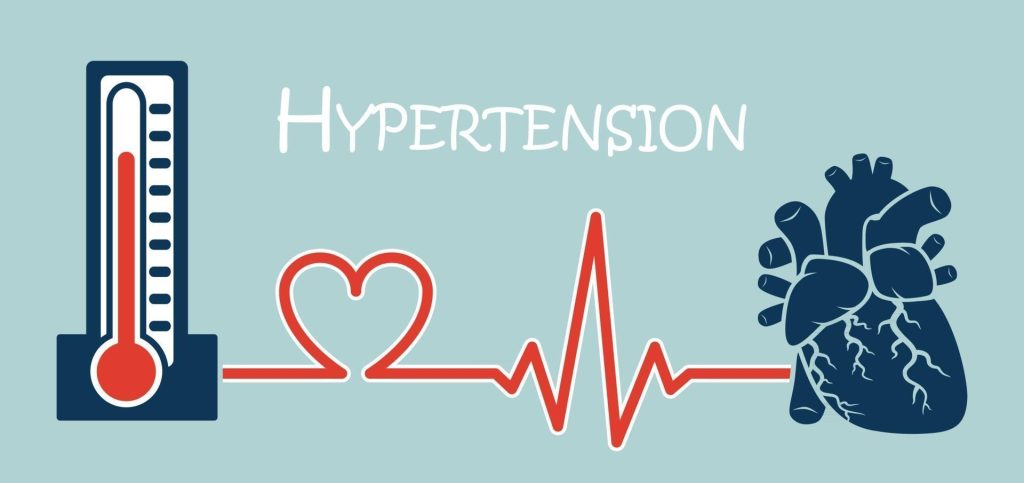As we age, maintaining good health becomes increasingly important. One common health concern among seniors is hypertension, also known as high blood pressure. This condition can lead to serious health problems if not managed properly, including heart disease, stroke, and kidney damage. Understanding how to manage hypertension is essential for seniors who want to enjoy a vibrant and healthy life in their golden years.
Understanding Hypertension
Hypertension occurs when the force of blood against the artery walls is consistently too high. This condition often develops over many years and can go unnoticed because it typically has no symptoms. However, if left untreated, it can cause significant damage to the heart and other organs. Seniors are more susceptible to hypertension due to age-related changes in the body, such as stiffening arteries and decreased kidney function. Recognizing the risk factors and managing them effectively can help prevent complications.
The Importance of Regular Blood Pressure Checks
Regular blood pressure monitoring is a critical part of managing hypertension. Seniors should have their blood pressure checked at every doctor visit or use a home blood pressure monitor for more frequent readings. Keeping track of these readings helps identify patterns and allows healthcare providers to make informed decisions about treatment plans. Early detection and management can prevent severe health issues and improve quality of life.
Adopting a Heart-Healthy Diet
Eating a balanced and nutritious diet is one of the most effective ways to control high blood pressure. Seniors should focus on consuming plenty of fruits, vegetables, whole grains, and lean proteins. Reducing salt intake is crucial because excessive sodium can raise blood pressure. Opting for fresh, unprocessed foods over canned or packaged items helps limit sodium consumption. Including potassium-rich foods like bananas and spinach can also aid in managing blood pressure. Staying hydrated by drinking plenty of water and limiting sugary drinks is equally important.
Staying Physically Active
Regular physical activity can significantly lower blood pressure and improve overall health. Seniors should aim for moderate exercises such as walking, swimming, or gentle yoga for at least 30 minutes most days of the week. Exercise strengthens the heart, improves blood circulation, and helps maintain a healthy weight. It is essential to choose activities that are enjoyable and safe, taking into account any mobility limitations or health concerns. Consulting with a healthcare provider before starting any new exercise routine ensures that the chosen activities are appropriate.
Managing Stress Effectively
Stress can contribute to high blood pressure, making it vital for seniors to find healthy ways to manage it. Engaging in relaxation techniques such as deep breathing exercises, meditation, or tai chi can help reduce stress levels. Spending time with loved ones, pursuing hobbies, and participating in social activities can also provide emotional support and alleviate feelings of stress or anxiety. Learning to recognize stress triggers and adopting coping strategies can lead to better blood pressure control.
Medication Management
For many seniors, lifestyle changes alone may not be enough to control hypertension. In such cases, doctors may prescribe medications to help lower blood pressure. It is important to take these medications exactly as prescribed and not to skip doses. Seniors should keep a medication schedule and use pill organizers to stay on track. Regular follow-ups with healthcare providers ensure that the medication is working effectively and allows for adjustments if necessary. Understanding the purpose and potential side effects of each medication can help seniors feel more in control of their health.
Limiting Alcohol and Quitting Smoking
Excessive alcohol consumption and smoking can both raise blood pressure and damage the heart. Seniors should limit alcohol intake to no more than one drink per day and seek support if they need help cutting back. Quitting smoking is one of the most beneficial steps for heart health. Various resources, including support groups and cessation programs, are available to help seniors quit smoking. Making these changes can significantly lower the risk of hypertension-related complications.
Maintaining a Healthy Weight
Carrying excess weight puts extra strain on the heart and can lead to higher blood pressure. Seniors can benefit from maintaining a healthy weight through balanced eating and regular exercise. Setting small, achievable weight loss goals can lead to long-term success. Even modest weight loss can make a noticeable difference in blood pressure levels. Working with a nutritionist or healthcare provider can provide personalized guidance for healthy weight management.
Getting Quality Sleep
Poor sleep quality can negatively affect blood pressure. Seniors should aim for 7 to 8 hours of restful sleep each night. Establishing a regular sleep schedule, creating a relaxing bedtime routine, and keeping the bedroom comfortable can promote better sleep. Addressing sleep disorders such as sleep apnea with the help of a healthcare provider is also important. Prioritizing good sleep hygiene can have a positive impact on blood pressure and overall health.
Conclusion
Managing hypertension in your golden years is crucial for maintaining a healthy and fulfilling life. By adopting a heart-healthy diet, staying physically active, managing stress, taking prescribed medications, and making positive lifestyle changes, seniors can effectively control their blood pressure. Regular check-ups and open communication with healthcare providers play an essential role in managing hypertension. With the right approach, seniors can reduce their risk of serious health complications and enjoy their golden years with energy and vitality.


